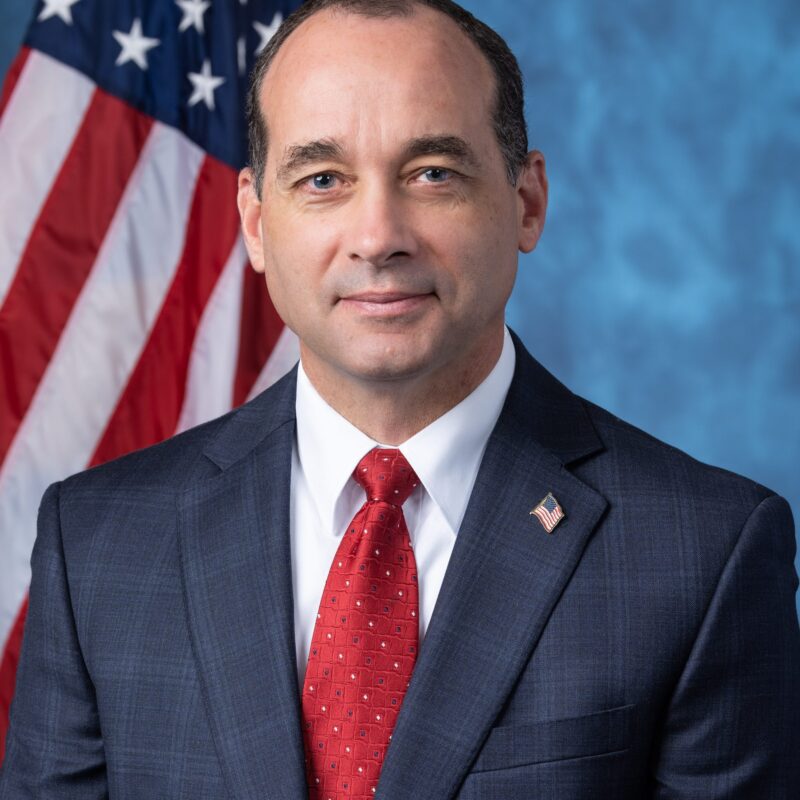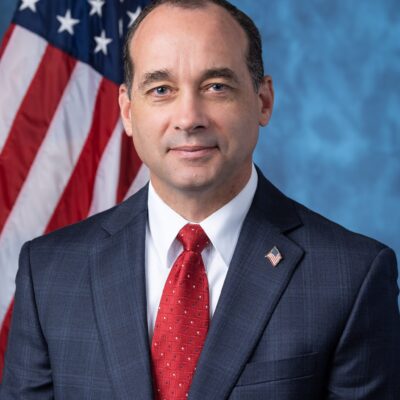Only one bill regulating the payday lending industry has survived the 2007 legislative session (www.legis.state.uva.us). Passed by the Virginia Senate and awaiting House debate is State Bill 1014; the bill would create a State database of all those who borrow from so-called cash advance centers. The database would allow lenders to monitor limits on loans and would also restrict to three the number of loans a borrower can have at any one time.
 Several State legislators hoped to reign in the interest rates charged by payday lenders, like this one in Belmont, but only one bill remains alive in the 2007 session. |
While it places some restrictions, it hardly dispels opponents’ qualms. Critics of payday lending point to the high rate of repeat borrowers and the fees that some of the centers enact upon tardy payment. “The legislation that’s passed is not the best reform but it’s all that’s out there right now,” says State Senator Creigh Deeds (www.creighdeeds.com), who represents Charlottesville and much of Albemarle. Although he has mixed feelings about payday lending, he was moved by the sheer volume of consumers. “470,000 Virginians used the service last year, that’s some indication that there’s a market for it,” he says. “There are people who live week to week who don’t have choices when it comes to needing credit, people that are so desperately poor that they’ve got to pay rent, or pay utility bills or buy groceries. And this is the only credit that’s available.”
Deeds did vote for a 72 percent cap on the annual interest per year that a payday lending service can impose. That cap, like a proposed 36 percent cap that died in committee, failed to gain adequate traction. “It seems to strike the wrong sort of chord within your soul that someone is charging more than 72 percent interest,” laments Deeds. “I probably would have voted for the 36 percent cap.”
As it stands, a payday lending service can charge up to 391 percent per annum for a two-week loan, but can only loan $500 or less at a time. How cash-lending services make their money is by charging $15 for every $100 loaned. So if the lender advances the full $500 he may charge up to $75 for issuing said loan. Under current law, pay lenders must extend a due date to at least seven days after the money is advanced, but if the loan is not repaid by the specified date, the lender may begin accruing interest at a maximum rate of 6 percent a year.
“Is it perfect? No,” Deeds says. “Politics is often not about perfect, it’s about the possible.”
[Track SB 1014 in the VA Legislative Information System]
C-VILLE welcomes news tips from readers. Send them to news@c-ville.com.





